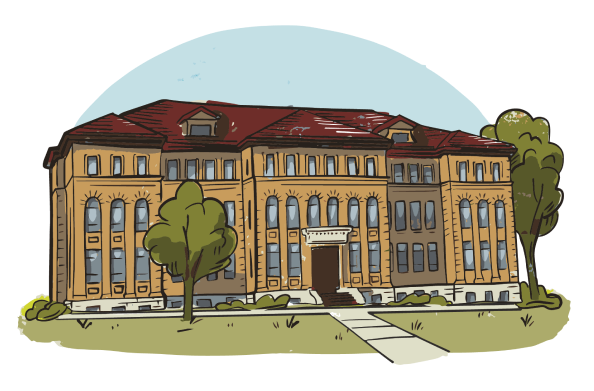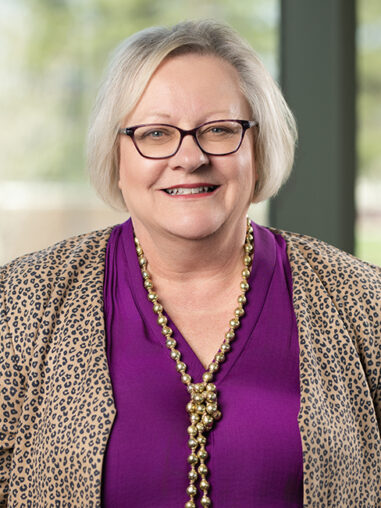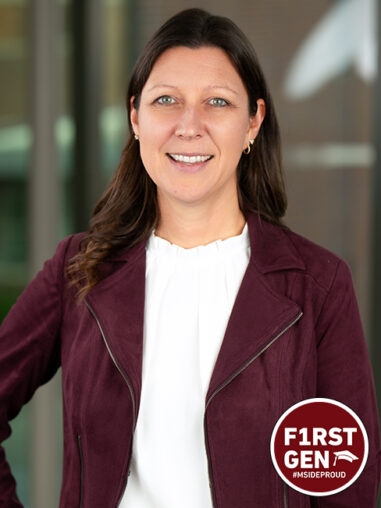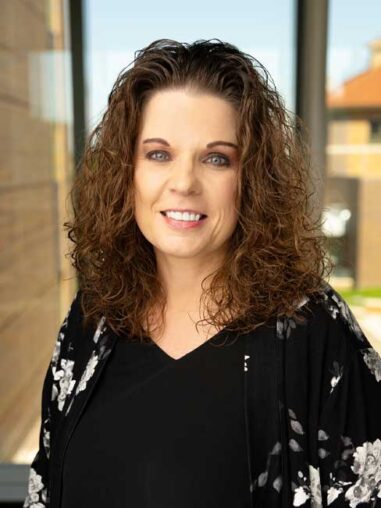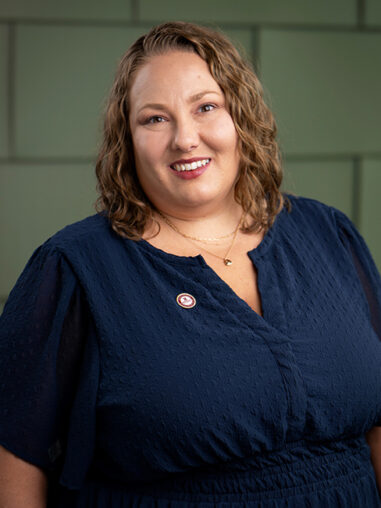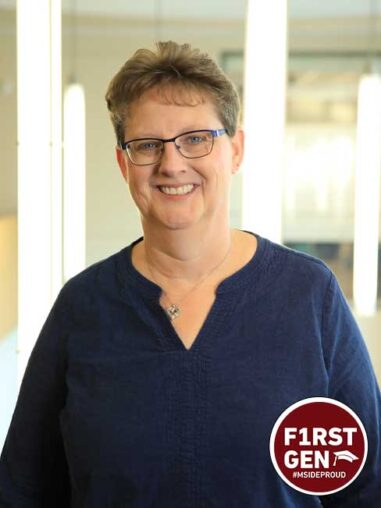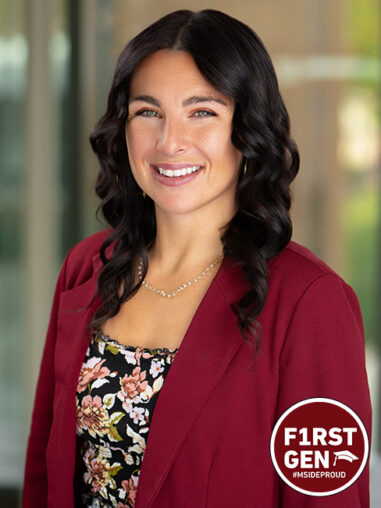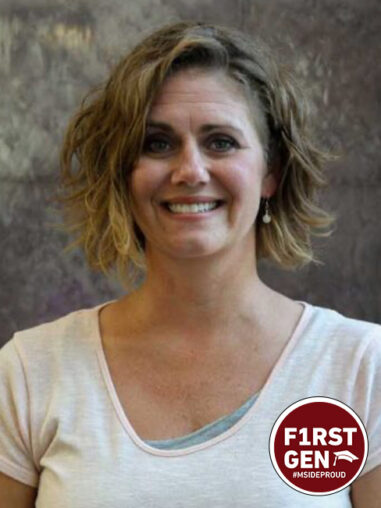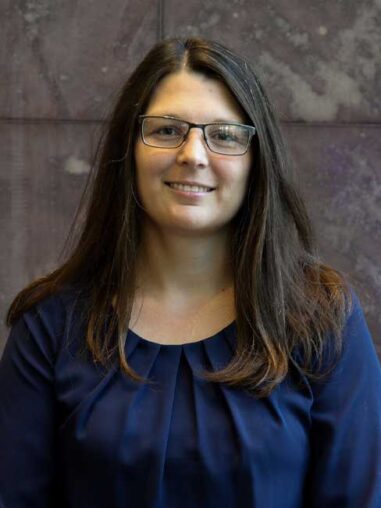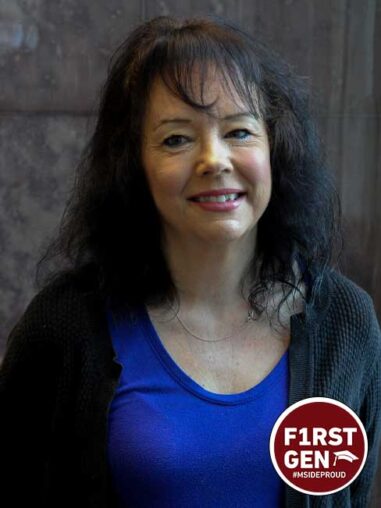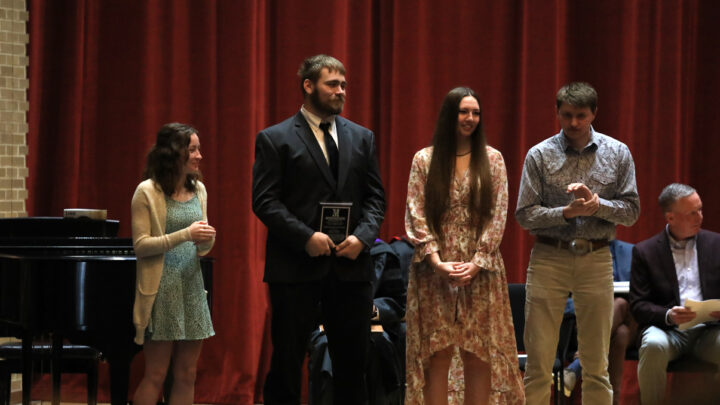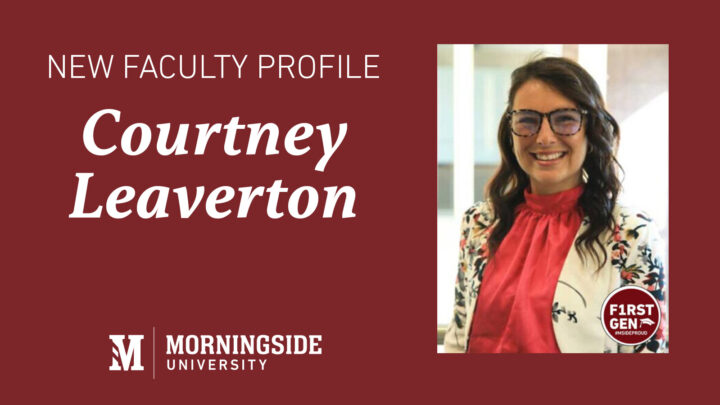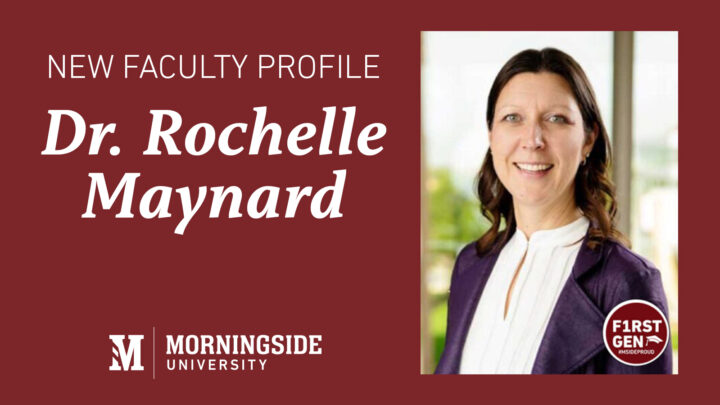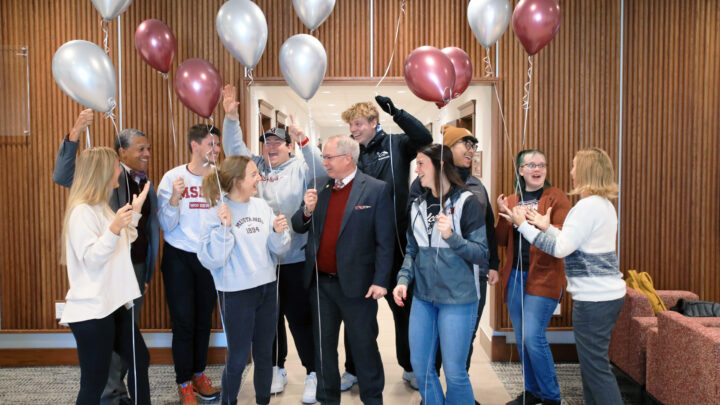
EMPOWERING THE LEADERS OF TOMORROW
The demand for students graduating from education programs continues to grow. While the need for highly qualified teachers spans all areas of teaching, the demand is especially high for teachers of Special Education, English as a Second Language, Spanish, Science, Math, Social Studies, and Agricultural Education. Schools need passionate, caring, well-prepared teachers to nurture and empower young learners to become the leaders of tomorrow.
Degrees
Elementary Education (B.S.)
Major
K-12 All Special Education (B.S)
Major
Agricultural Education (B.S.)
Major
All Sciences Teaching (B.S.)
Major
American Government/American History Teaching (B.A.)
Major
American History/World History Teaching (B.A.)
Major
Biology Teaching (B.A.)
Major
Chemistry Teaching (B.A.)
Major
English Teaching (B.A.)
Major
Mathematics Teaching (B.A.)
Major
Spanish Teaching (B.A.)
Major
Art Teaching (B.A.)
Major
Music Education (B.M.E)
Major
A Great Fit For
- Those hoping to educate, guide, and empower others.
- Natural motivators who enjoy encouraging people of all abilities and personalities.
- Active listeners who have a caring, empathetic nature.
- Problem-solvers who like helping others tackle challenges.
- Lifelong learners who want to make a difference in the lives of children and nurture future leaders.
THE MORNINGSIDE DIFFERENCE
Student Teaching
Student teaching immerses students in a classroom experience for a full semester. Student teachers gradually take on increasing responsibility, ultimately becoming the lead teacher in the classroom. A veteran teacher and a college supervisor support and coach student teachers throughout this 16-week opportunity.
Travel
You will have the opportunity to travel regionally, nationally, and even internationally for professional conferences, industry field trips, or May Term courses. Travel grants and special scholarship eligibility may be available.
Research & Active Learning
Practicum experiences provide diverse opportunities to observe, interact, and engage in classrooms throughout the program, providing 80 hours or more of classroom experiences prior to student teaching. This begins the first year on campus and continues throughout the program to sharpen teaching skills.
PLAN OF STUDY
ART 311: Integrating Art in the Elementary Classroom
EDUC 105: Foundations of Education and Human Relations
EDUC 214: The Teaching of Foundational Reading Skills
EDUC 300: Instructional Design and Assessment & Practicum
EDUC 308: Teaching Elementary Physical Education, Health & Wellness
EDUC 315: Teaching Elementary English Language Arts
EDUC 317: Teaching Elementary Mathematics
EDUC 326: Teaching Elementary Social Studies & Content Literacy
EDUC 327: Teaching Elementary Science and Content Literacy
EDUC 413: Advanced Methods and Practicum
EDUC 417: Elementary Student Teaching
EDUC 490: Effective Educator Seminar
ENGL 203: Children’s Literature (K-8)
EPSY 275: Educational Psychology
GEOG 215: Geography for the K-8 Teacher
MUED 311: Integrating Music in the Elementary Classroom
PSYC 101: General Psychology
SPED 208: Exceptional and Diverse Learners
*This major will lead to a BS degree and will prepare the candidate for licensure as a K-8 Instructional Strategist I. This major is not a stand-alone major. Teacher candidates completing this major must also complete the Teacher Preparation Program for the elementary education major or for a secondary teaching major.
EDUC 414: Diagnostic Teaching of Reading & Practicum
SPED 340: Introduction to Principles of Special Education
SPED 402: School-Parent Collaboration
SPED 407: Diagnostic Teaching of Math & Practicum
SPED 431: Applied Behavior Analysis
SPED 451: Educational Assessment
SPED 455: Transition
AGED 201: Foundations of Agricultural Education
AGED 202: Agricultural Mechanics Skills Development
AGED 301: Experiential Learning/Ldrship Develop. & Pract in Agri Educ
AGED 302: Teaching Agricultural Labs
Aged 401: Program Planning & Curr Coordination & Eval in Ag Ed
AGRI 206: Animal Science and Production
AGRI 234: Agricultural Economics
AGRI 271: History of Food & Agriculture
BIOL 116: Principles of Biology I
BIOL 117: Principles of Biology II
CHEM 110: General, Organic, & Biological Chemistry
EDUC 105: Foundations of Education and Human Relations
EDUC 300: Instructional Design and Assessment & Practicum
EDUC 303: Middle School and Secondary Literacy I
EDUC 411: Methods of Teaching Secondary Natural & Agricultural Science
EDUC 413: Advanced Methods and Practicum
EDUC 427: Secondary Student Teaching
EDUC 490: Effective Educator Seminar
EPSY 275: Educational Psychology
MATH 150: Elementary Probability and Statistics
PSYC 101: General Psychology
SPED 208: Exceptional and Diverse Learners
BIOL 116: Principles of Biology I
BIOL 117: Principles of Biology II
CHEM 121: General Chemistry I
CHEM 122: General Chemistry II
EDUC 300: Instructional Design and Assessment & Practicum
EDUC 303: Middle School and Secondary Literacy I
EDUC 321: Methods of Teaching in Secondary Schools & Practicum
EDUC 411: Methods of Teaching Secondary Natural & Agricultural Science
EDUC 413: Advanced Methods and Practicum
EDUC 427: Secondary Student Teaching
EDUC 490: Effective Educator Seminar
EPSY 275: Educational Psychology
PHYS 111: Geology
PHYS 112: Meteorology
PHYS 113: Astronomy: The Solar System
PHYS 114: Astronomy: Stars and Galaxies
PHYS 122: Energy and Environment
PHYS 201: General Physics I
PHYS 202: General Physics II
PSYC 101: General Psychology
SPED 208: Exceptional and Diverse Learners
EDUC 105: Foundations of Education and Human Relations
EDUC 300: Instructional Design and Assessment & Practicum
EDUC 303: Middle School and Secondary Literacy I
EDUC 411: Methods of Teaching Secondary Natural & Agricultural Science
EDUC 413: Advanced Methods and Practicum
EDUC 427: Secondary Student Teaching
EDUC 490: Effective Educator Seminar
EPSY 275: Educational Psychology
HIST 225: United States History to 1877
HIST 226: United States History Since 1877
POLS 147: United States Government
POLS 440: Political Science Capstone Seminar
PSYC 101: General Psychology
SPED 208: Exceptional and Diverse Learners
SSCI 425: Methods of Teaching Social Science & Practicum
BIOL 116: Principles of Biology I
BIOL 117: Principles of Biology II
BIOL 308: Ecology
BIOL 321: General Physiology
BIOL 351: Genetics
BIOL 460: Capstone Seminar
CHEM 121: General Chemistry I
CHEM 122: General Chemistry II
EDUC 105: Foundations of Education and Human Relations
EDUC 300: Instructional Design and Assessment & Practicum
EDUC 303: Middle School and Secondary Literacy I
EDUC 411: Methods of Teaching Secondary Natural & Agricultural Science
EDUC 413: Advanced Methods and Practicum
EDUC 427: Secondary Student Teaching
EDUC 490: Effective Educator Seminar
EPSY 275: Educational Psychology
PSYC 101: General Psychology
SPED 208: Exceptional and Diverse Learners
CHEM 121: General Chemistry I
CHEM 122: General Chemistry II
CHEM 201: Organic Chemistry I
CHEM 202: Organic Chemistry II
CHEM 305: Analytical Chemistry
CHEM 320: Physical Chemistry
CHEM 410: Biochemistry
EDUC 105: Foundations of Education and Human Relations
EDUC 300: Instructional Design and Assessment & Practicum
EDUC 303: Middle School and Secondary Literacy I
EDUC 411: Methods of Teaching Secondary Natural & Agricultural Science
EDUC 413: Advanced Methods and Practicum
MATH 205: Calculus & Analytic Geometry I
PHYS 201: General Physics I
PHYS 202: General Physics II
PSYC 101: General Psychology
SPED 208: Exceptional and Diverse Learners
EDUC 105: Foundations of Education and Human Relations
EDUC 300: Instructional Design and Assessment & Practicum
EDUC 303: Middle School and Secondary Literacy I
EDUC 411: Methods of Teaching Secondary Natural & Agricultural Science
EDUC 413: Advanced Methods and Practicum
ENGL 204: Adolescent Literature
ENGL 231: Language & Grammar
ENGL 295: Introduction to Literary Analysis and Theory
ENGL 343: Studies of American Literary History
ENGL 344: Studies of British Literary History
ENGL 354: Teaching of Writing
ENGL 495: Capstone Seminar in English
EPSY 275: Educational Psychology
PSYC 101: General Psychology
SPED 208: Exceptional and Diverse Learners
EDUC 105: Foundations of Education and Human Relations
EDUC 300: Instructional Design and Assessment & Practicum
EDUC 303: Middle School and Secondary Literacy I
EDUC 411: Methods of Teaching Secondary Natural & Agricultural Science
EDUC 413: Advanced Methods and Practicum
MATH 205: Calculus & Analytic Geometry I
MATH 206: Calculus and Analytic Geometry II
MATH 207: Multivariable Calculus and Differential Equations
MATH 215: Linear Algebra
MATH 300: Transition to Abstract Mathematics
MATH 315: Modern Algebra I
MATH 325: Modern Geometries
MATH 400: Mathematical Capstone
PSYC 101: General Psychology
SPED 208: Exceptional and Diverse Learners
EDUC 105: Foundations of Education and Human Relations
EDUC 300: Instructional Design and Assessment & Practicum
EDUC 303: Middle School and Secondary Literacy I
EDUC 411: Methods of Teaching Secondary Natural & Agricultural Science
EDUC 413: Advanced Methods and Practicum
EDUC 427: Secondary Student Teaching
EDUC 490: Effective Educator Seminar
EPSY 275: Educational Psychology
PSYC 101: General Psychology
SPAN 103: Language and Culture I
SPAN 104: Language and Culture II
SPAN 203: Intercultural Competence through Language I
SPAN 204: Intercultural Competence through Language II
SPAN 307: Communication for Leadership in the Professions
SPAN 320: Spanish on the Big Screen
SPAN 412: Latin America in Transition
SPAN 445: Word and Image in Latin America
SPED 208: Exceptional and Diverse Learners
ART 103: Design
ART 105: Drawing
ART 201: Ancient to Gothic Art History
ART 202: Renaissance to Modern Art History
ART 225: Painting
ART 235: Ceramics
ART 255: Sculpture
ART 306: Figure Drawing
ART 381: Elementary Art Methods & Practicum
ART 383: Secondary Art Methods & Practicum
ART 490: Senior Art Seminar
EDUC 105: Foundations of Education and Human Relations
EDUC 300: Instructional Design and Assessment & Practicum
EDUC 303: Middle School and Secondary Literacy I
EDUC 411: Methods of Teaching Secondary Natural & Agricultural Science
EDUC 413: Advanced Methods and Practicum
MATH 205: Calculus & Analytic Geometry I
PHYS 201: General Physics I
PHYS 202: General Physics II
PSYC 101: General Psychology
SPED 208: Exceptional and Diverse Learners
EDUC 105: Foundations of Education and Human Relations
EDUC 300: Instructional Design and Assessment & Practicum
EDUC 303: Middle School and Secondary Literacy I
EDUC 490: Effective Educator Seminar
EPSY 275: Educational Psychology
MUAL 421: Full Recital Seminar
MUED 101: Introduction to Music Education and Practicum
MUED 209: Vocal Pedagogy I
MUED 305: Music Edu Seminar & Pract: Music in the Elementary School
MUED 306: Music Educ Seminar & Pract: Music in the Secondary School
MUED 415: Choral Methods
MUED 416: Instrumental Methods
MUHL 215: World Music
MUHL 402: Music History II
MUHL 202: Recital Attendance
MUSC 202: Recital Attendance
MUSC 202: Recital Attendance
MUSC 202: Recital Attendance
MUSC 202: Recital Attendance
MUSC 202: Recital Attendance
MUSC 203: Piano Proficiency
MUSC 204: Sophomore Interview
MUSC 207: Secondary Instrument Proficiency
MUSC 222: Introduction to Conducting
MUTC 132: Music Theory & Ear Training I
MUTC 133: Music Theory & Ear Training I
MUTC 232: Music Theory & Ear Training III
MUTC 233: Music Theory & Ear Training IV
PSYC 101: General Psychology
SPED 208: Exceptional and Diverse Learners
WHY STUDY AT MORNINGSIDE?
13:1
student/faculty ratio so you’re assured a quality education focused on you
99%
employed or in graduate school within six months of graduation
65+
majors & pre-professional programs available
Related Majors & Minors
Still looking for the right fit? Check out some additional program options that we think might interest you or are often paired with this program. You can also view the programs page to keep exploring your options.
Explore Related Programs
MEET THE FACULTY & STAFF
News
Next Steps
Visit
See for yourself all that Morningside has to offer.
Financial Aid
Financial aid is available. Learn how you can qualify.
Apply Now
Take the next step towards building your future.
Contact Us
Our admissions team is eager to answer your questions about this program and how to apply.
